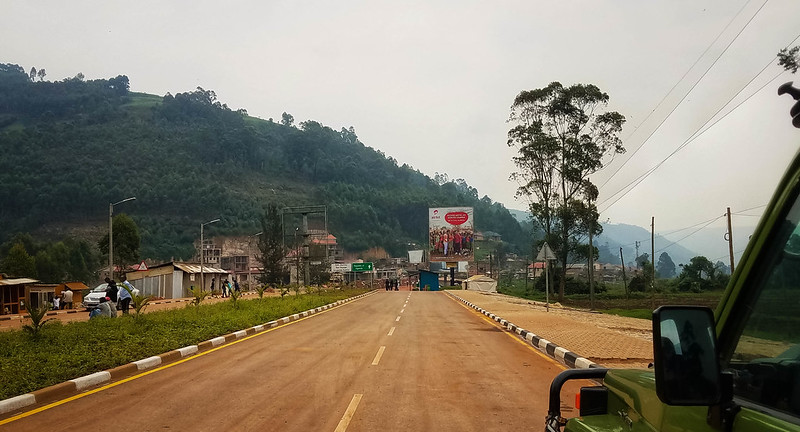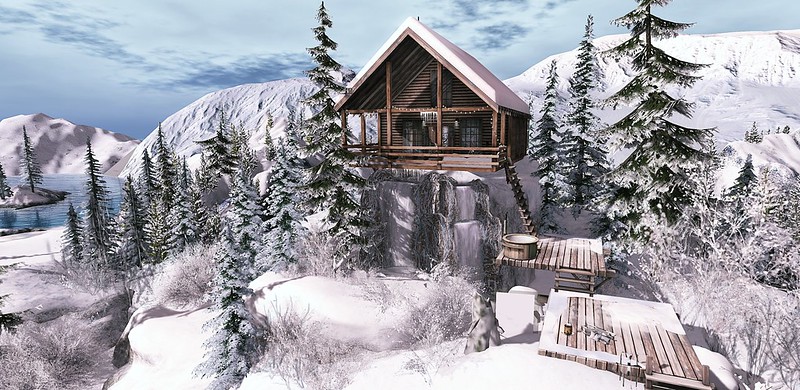Gorilla tracking tours from Mutukula border Masaka – Uganda and Rwanda Gorilla tours. Tours to…
Belgian peacekeepers memorial center.
Belgian peacekeepers memorial center.
Military Cemetery for Belgian Peacekeepers / Kigali Camp In Kigali, near the spot where 10 Belgian UN troops were murdered protecting then-prime minister Agathe Uwilingiyimana at the start of the Rwandan Genocide in 1994, lies the Belgian Memorial Monument. It is situated in Nyarugenge, Kigali, and was once a Rwandan military installation.
The 1994 Rwandan Genocide began on April 6th, 1994, when Rwandan President Juvenal Habyarimana was assassinated. Reportedly, Prime Minister Agathe opposed the Hutu intention to slaughter Tutsis in Rwanda before this brutal assault. The assassination of the president sped things up.
Prime Minister Agathe was guarded at home by ten Belgian Blue Beret troops after General Dallaire had killed the president of Rwanda. Hutu presidential armed guards stormed her house on April 7, 1994, grabbed UN troops, disarmed them, and marched them to a Kigali military facility, where they were mercilessly executed. Upon reaching the base, four of them were slain instantly; the remaining ones attempted to battle the presidential guards before being killed after barricading themselves in a chamber.
![]()
The troops were murdered, and their wounded remains were disposed of at the morgue of a nearby hospital. The murder of UN soldiers prompted the UN to remove Belgian troops from Rwanda and ordered peacekeepers to take defensive measures. The slaughter in Kigali quickly extended to the rest of Rwanda after the invasion of UN soldiers. Roughly 800,000 people have been slaughtered in only three months. Many Rwandans sought sanctuary in the Democratic Republic of the Congo after fleeing their own country.
The Belgian authorities set up the monument at Camp Kigali. On April 7, 2000, it was inaugurated as a monument to the Belgian troops. In memory of the men and women who gave their lives while serving under the auspices of the United Nations Mission Assistance for Rwanda, 10 stone pillars were set here.
The horizontal slashes on each pillar represent the average lifespan of the soldiers. There are bullet holes in the building where the troops who attempted to fight before their deaths were slain. The Forces Amees Rwandaises (FAR) fired around the structure so that everyone inside would perish.
Agathe Uwilingiyimana, also known as Madame Agathe, was the first and only prime minister of Rwanda to be a woman. She was herself assassinated after having apprehended the Belgian troops who had been leading her.
As an army major during the genocide and a collaborator in the abduction and murder of Belgian troops, Bernard Ntuyahanga was found guilty by a Belgian jury on July 5, 2007, and sentenced to 25 years in prison. Dark tourists may visit places like the Camp Belgian Kigali monument. It touches on the 1994 Rwandan genocide as well.
You may go on nighttime tourism excursions to different parts of Kigali and even outside the city limits. You may find memorials to the genocide in a variety of places, including Kigali, Murambi, Ntarama, Gisenyi, Bisesero, and Nyanza.
The people of Rwanda have been assured that they would never again have to endure such a horrific onslaught, and now the country is at peace. It is a country in Africa that is rapidly expanding, has some of the best infrastructure, and has welcoming people. In addition to engaging in dark tourism, there are many other things to do in Rwanda, such as going on a gorilla or chimpanzee trip, seeing animals, resting on Kivu beach, or learning about and experiencing Rwandan culture.


